We could get into the economics. Disruption, changing tastes, mismanagement, inflation, shareholder greed, and the simple fact that we just can’t have nice things anymore has yielded a business environment in which you just don’t see toy and snack ads in comic books the way we used to. Heck, you don’t see many comic books anymore.
We could get into the economics. And we could get into comic history, freelance ethics, IP rights, the direct market, and print versus digital. But the reality is that while it used to be that a .25¢ comic book could be a financial success simply by offering a few pages of advertisements, those days are long gone.
We could get into all that, but click ‘play’ on the above boombox and let’s instead talk about a young boy. Let’s say he is 10 or 11 and the year is 1985. He might live on either coast, or on a farm, or even in Manhatten really, but let’s just say he lives in a small blue collar town.
The boy of our story could be a young girl. The year might be 1982, or 1971, or 1956, or 1995. The time could be that hour right after school or a morning in June, during the first few days of a long Summer vacation. The ads could have been in Uncanny X-Men or Mad Magazine or from Tiger Beat.
But let’s just say it was a boy and let’s just say his parents are working, both of them. Conservative fiscal policy at the time lead to a rapid and dramatic increase in dual-income households, so with both parents now working, the “latchkey” generation is born, leaving millions of young boys and girls to have a large number of unsupervised hours where they were expected to wholly entertain themselves.
They could sit in front of a television, sure, and maybe hook up their Atari and later their Nintendo, but many latchkey kids entertained themselves by reading comics books. And in 1985 it was probably Chris Claremont X-Men stories.
Maybe our young boy was a little scared of his dad, who didn’t really make an effort to connect with him over comic books and thought they were childish, but screw it, he was stuck at home so at least he could get lost in imagination in the stories.
So at 10 or 11 years old, he devours Spider-Man and X-Men, the Avengers and later, New Mutants and Excalibur. When the boundaries of his world were still being set by his parents, those floppy comic books opened up a whole new world.
Flipping through those pages, that young boy learned things about himself and how through great power must also come great responsibility. In a small way, those four color comics helped direct who he would grow up to become.
And scattered throughout those pages were also advertisements that in no small way developed his tastes and his interests, subtly manipulated and molded by marketers and promoters and by shady manipulators, and any number of vested interests looking to make a profit, operating in a marketplace and within regulatory frameworks. We could get into the economics.
But let’s talk about those ads. Because those images are also a part of the nostalgia of this young boy’s life. They determined what he ate (and how he found comfort).

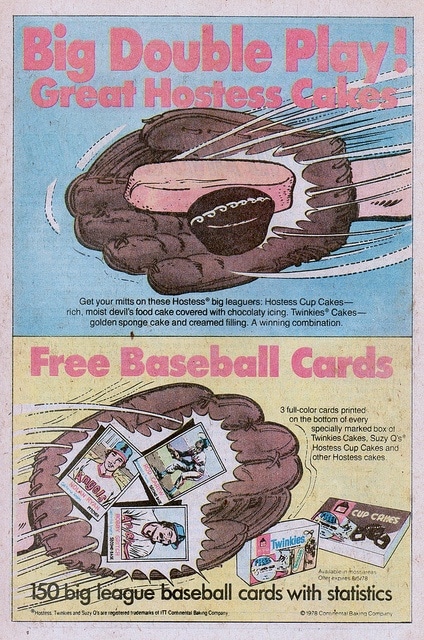
They determined what he drank.
They determined how he played.
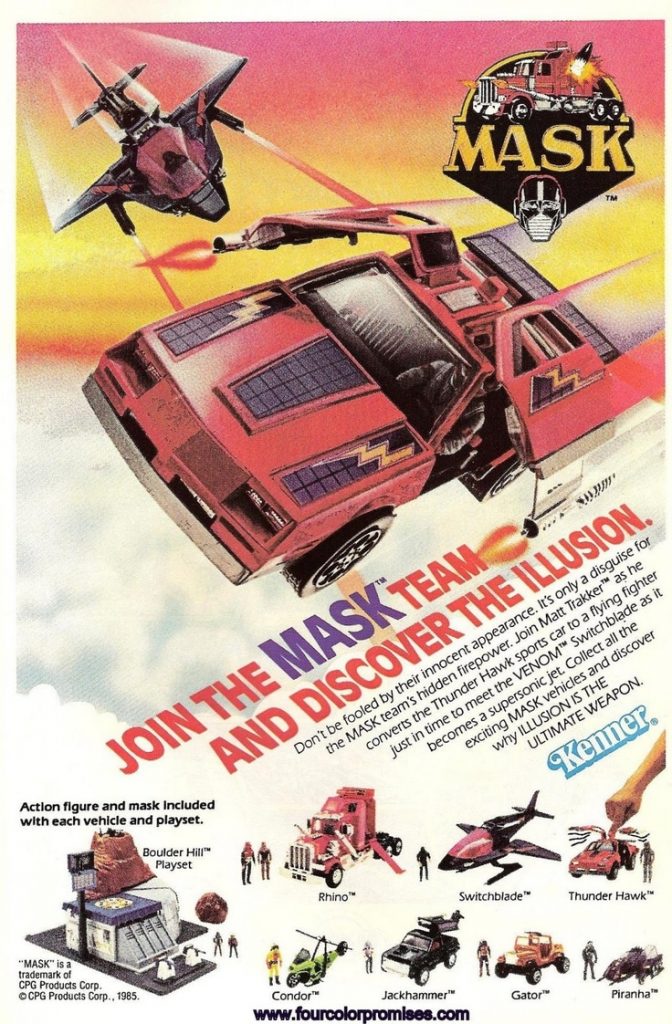
They determined what he watched.
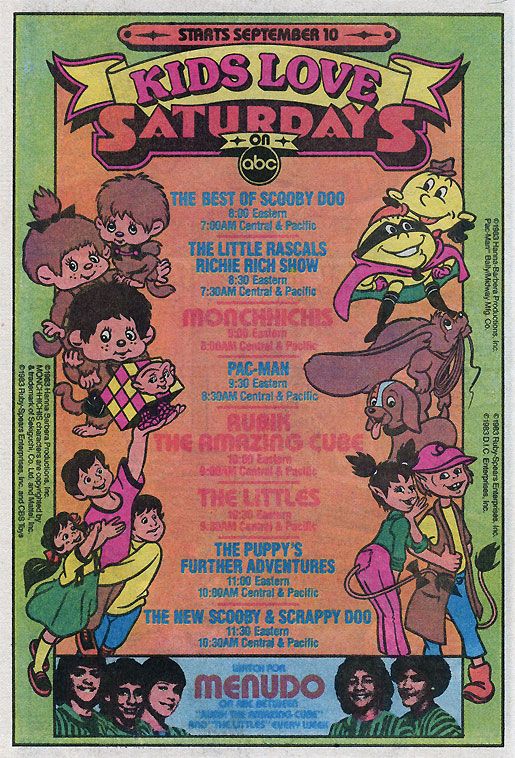
They determined who his heroes were.
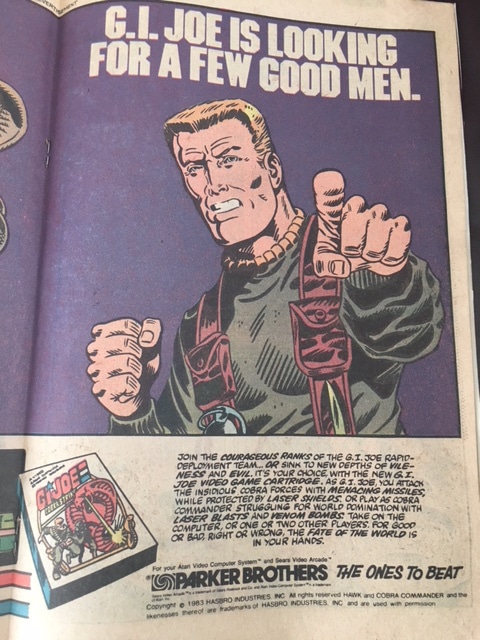
They determined his style choices.
They determined what his pets were?
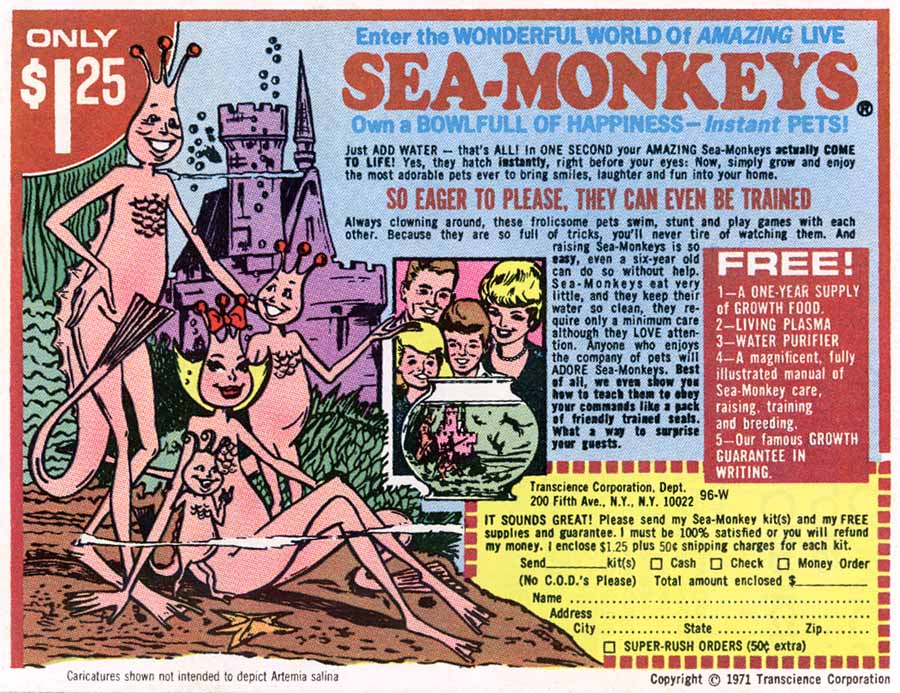
And yes, they determined how he spent his quarters in that small blue collar town.
For OG comic readers, the advertisements in comic books hold emotional resonance. You can’t go back, nor should you. But it’s well and good to hold a brief eulogy for the toy ads in comic books. After all, they shaped an entire generations of nerds.
[Also, Chris Claremont X-Men, forever.]

